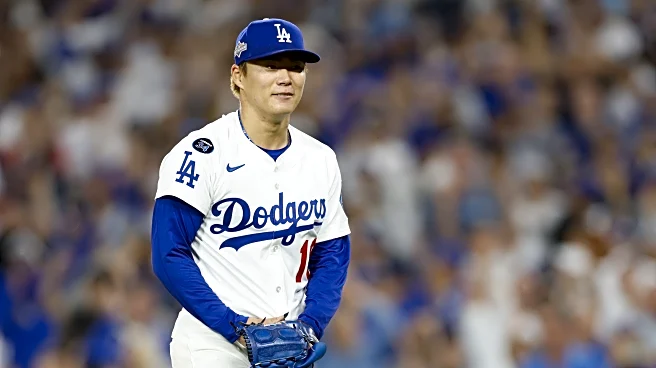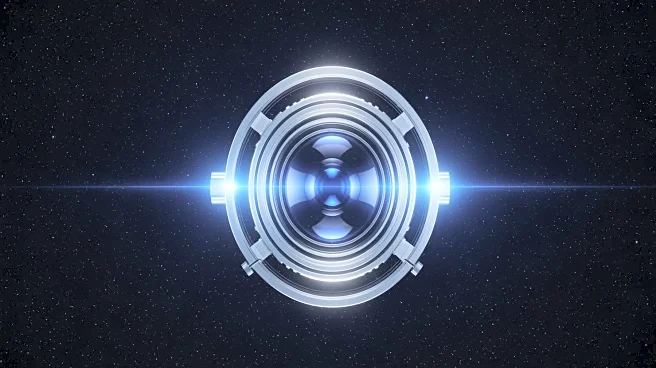The Dodgers have to win Game 3. This is a weird statement for a team leading 2-0 in a best-of-five, but there are reasons behind it other than simply wanting the series wrapped up as soon as possible.
While the comfort of getting three shots at winning just one game is soothing, the way this series has lined up, the next game is undeniably the most manageable one, and the degree of difficulty will only increase.
First and foremost, the pitching matchup in Game 3 is not only the most favorable for either side across any potential duel in this series but also one of the more favorable ones in the entire postseason landscape. Out of all their elite starters, none had a better year for the Dodgers than Yoshinobu Yamamoto, who finished the year strong (0.67 ERA in September) and pitched quite well against the Reds in the Wild Card round. On the other side, for a reason we can only speculate on, the Phillies decided to use Aaron Nola and his 6.00+ ERA over the highly more productive Ranger Suárez, who also happens to have far superior postseason numbers (Suárez: 1.43 ERA in 37.2 IP, Nola: 4.02 ERA in 53.2 IP). Asked about it, Rob Thomson pointed out that Suárez will probably get in the game, and Nola feels more comfortable starting, as some of the reasons behind this decision. While that’s plausible, you’d also figure you’d just go with your best starter this year, as any margin for error is long gone. Nola has enough of a track record that you wouldn’t be stunned if he had a terrific outing, but certainly surprised.
If you’re on the Dodgers side, let’s assume you lose that game, and then all of a sudden, things get a bit trickier with Cristopher Sánchez being able to start on regular rest. We even discussed here the benefit of an off-day between Games 1 and 2 to give Shohei Ohtani a breather after his start. The impact of that doesn’t even touch Philly’s gain in having the ability to move up their ace in what’s yet another do-or-die game.
The extra day off in a five-game series heavily favors a team with two outstanding starters. For the Dodgers, with legitimately four aces, their gain is minimized. Now, you could argue Ohtani could be used here, but not only has Los Angeles been ultracareful with him, it’s Glasnow we’re talking about. The primary benefits Los Angeles had from this setup were less obvious, like the Ohtani off-day, the ability to use Glasnow out of the bullpen in Game 2, and maybe even Snell out of the bullpen in an emergency Game 5 situation. These are all noticeable, but we can’t overlook how massive it is for Philly to be able to count on Sánchez in Game 4 and Luzardo in Game 5. Under a normal scenario, Philly would need to win two in Los Angeles with Nola and Suárez each starting a game.
Also to be highlighted is the downside of a prolonged series in terms of bullpen exposure. The Phillies manager said that one of the reasons why he bunted in the ninth inning of Game 2 was that he felt comfortable playing for the tie, liking his relief options over the Dodgers’.
Between a pitching advantage that, if not disappears, at least diminishes in the following two games, the ability to limit looks against your top relief options, and killing any thought of negative momentum, the Dodgers have many reasons to treat Game 3 with more urgency than you’d expect from a team in such a comfortable situation.









